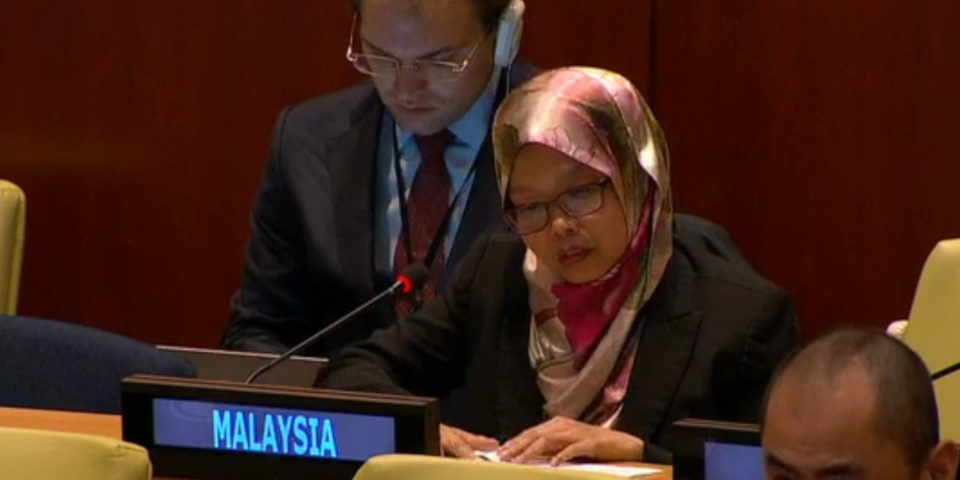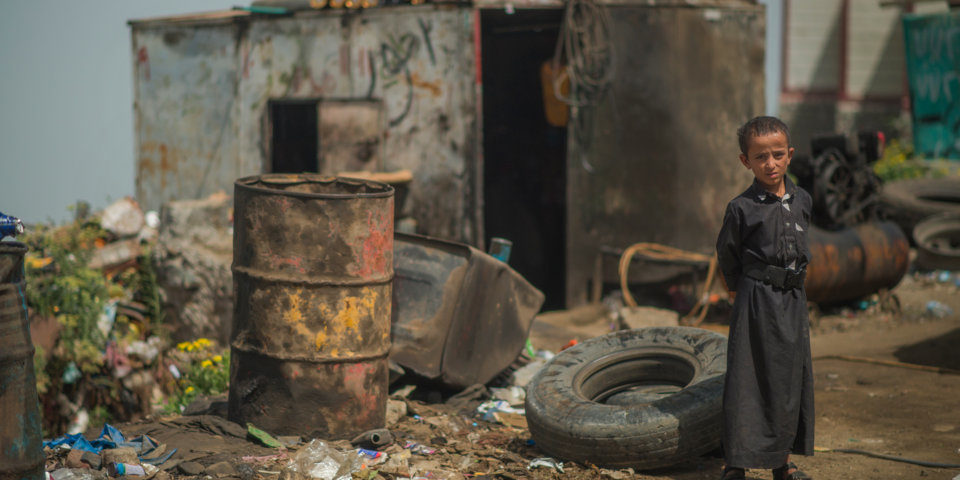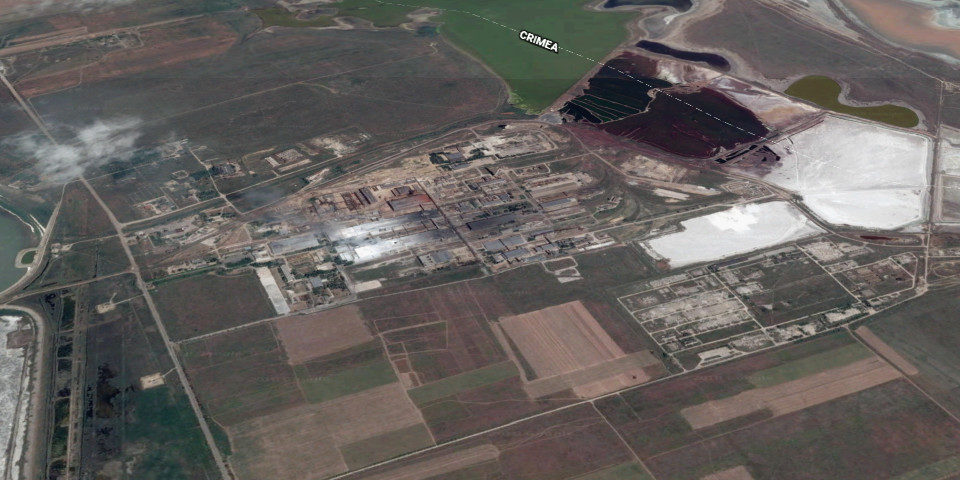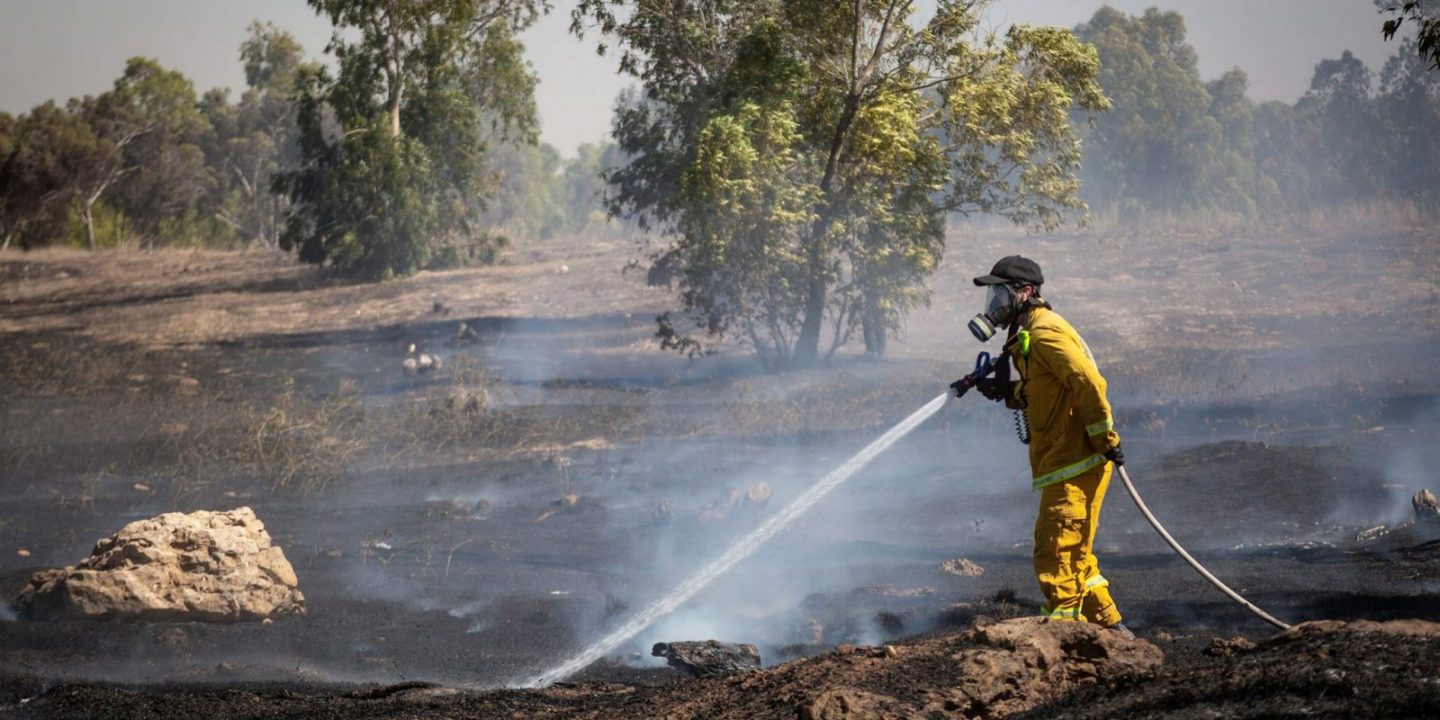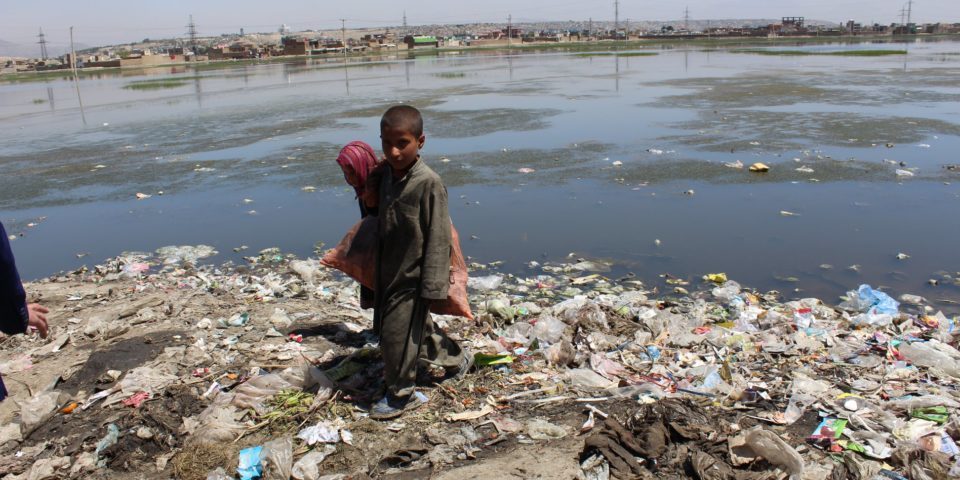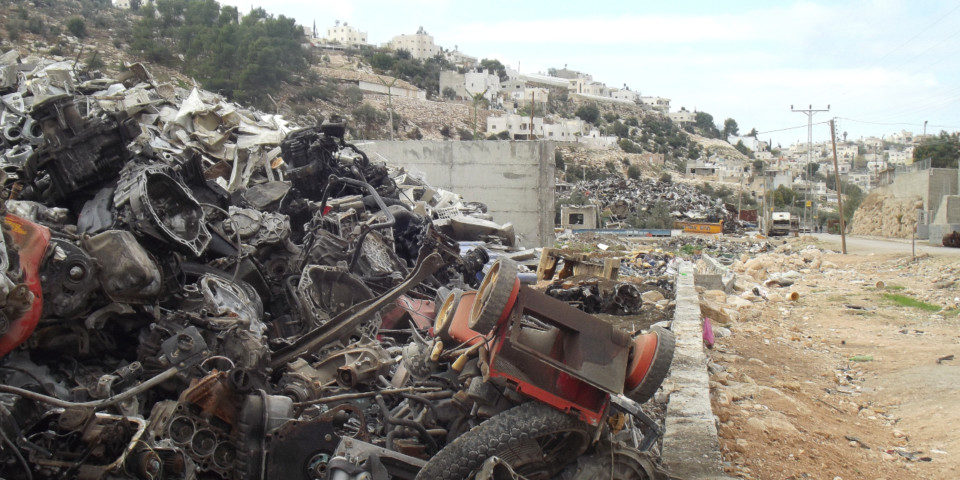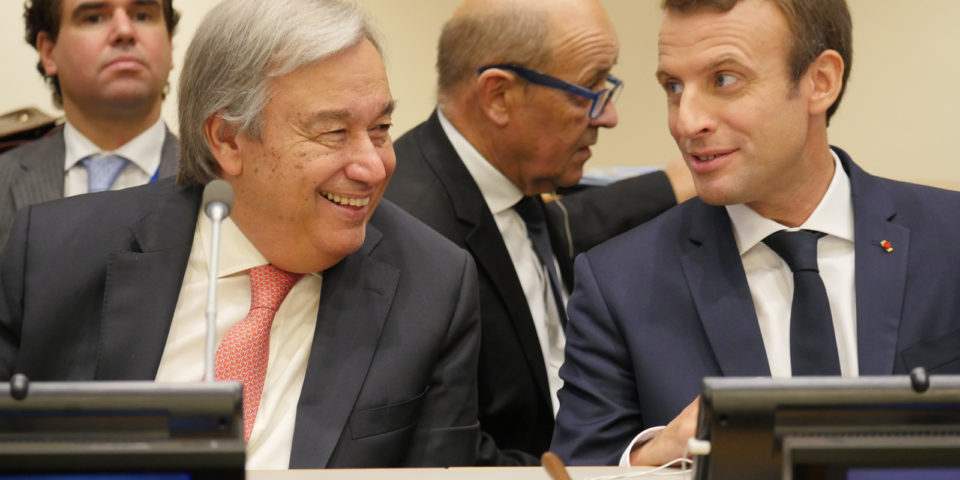States welcome principles on environmental protection in occupation during UN debate
Our round up and analysis of the recent debate in the UN General Assembly’s Sixth Committee on the International Law Commission’s ongoing study into strengthening the legal framework protecting the environment in relation to armed conflicts. Progress is being made but fundamental differences of opinion remain.

